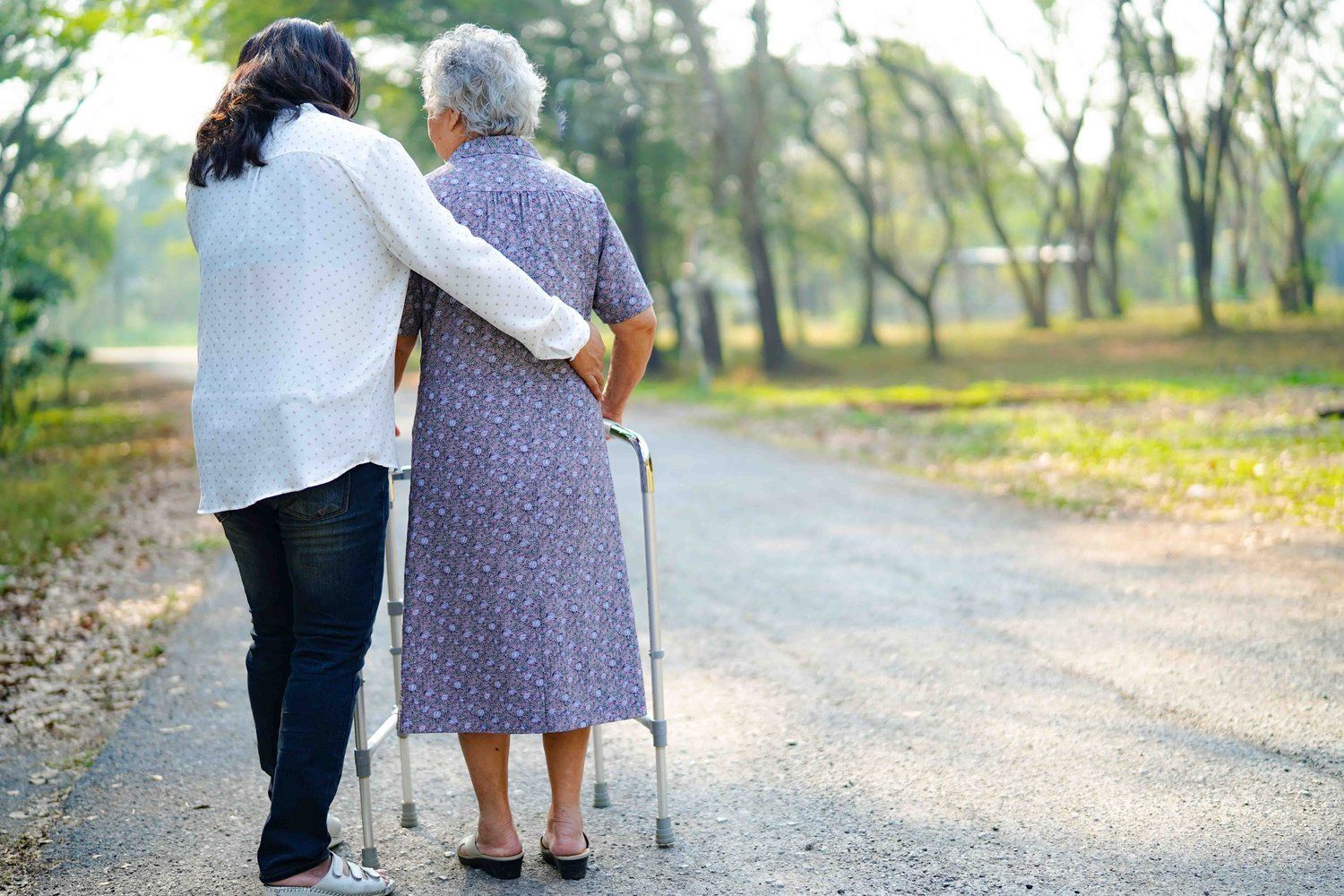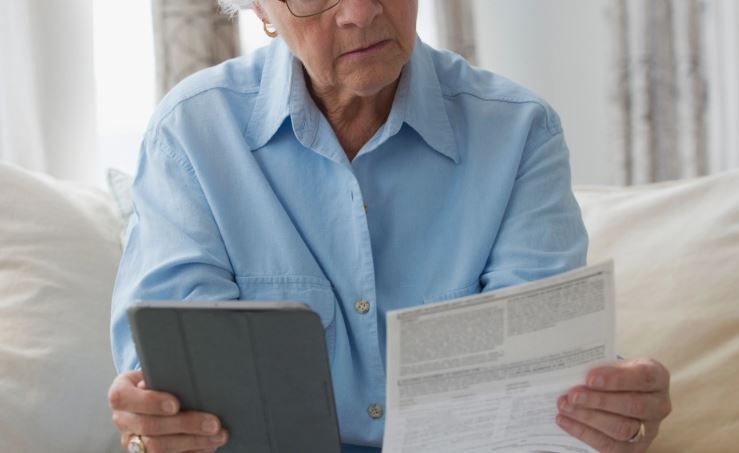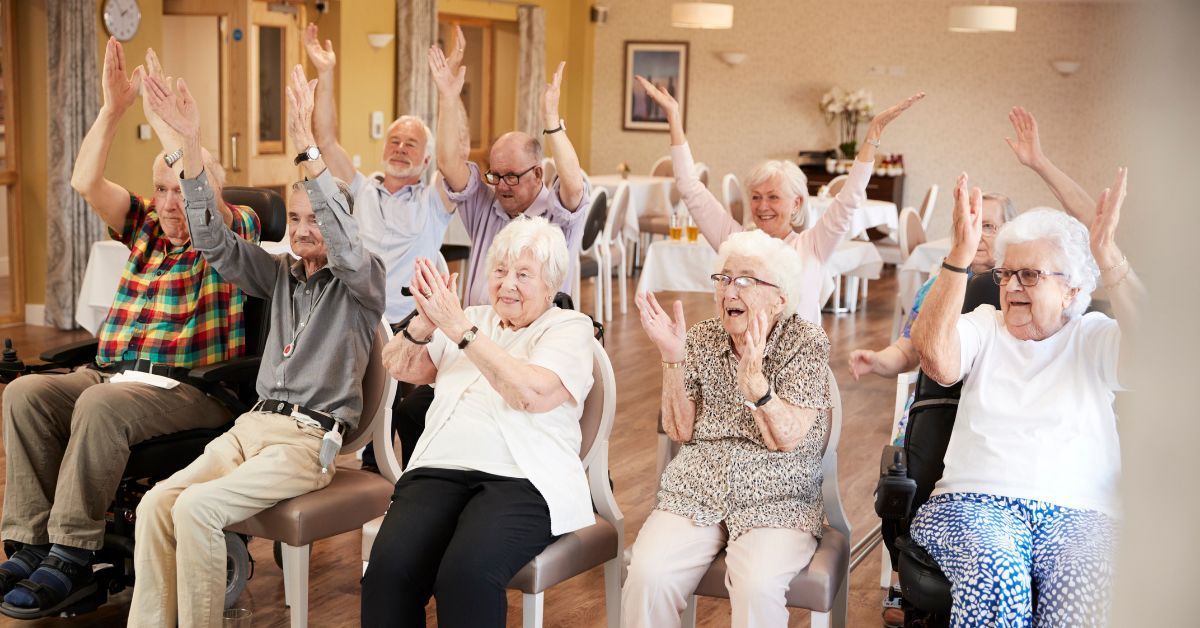Top 5 Ways Family Caregivers Can Stay Healthy While Caring for a Senior at Home

Caring for an aging loved one at home can be one of the most rewarding, and exhausting, responsibilities a family member can take on. The emotional and physical toll can be overwhelming, and often, caregivers feel like there’s simply not enough time to focus on their own well-being. But here’s the truth: If you don’t take care of yourself, your ability to care for your loved one diminishes.
Ignoring your own health, rest, and emotional needs can lead to caregiver burnout, weakened immune function, and even chronic health conditions. Taking small, manageable steps toward self-care isn’t selfish—it’s essential. Here are the top five things family caregivers can do to stay healthy, even with limited time.
1. Prioritize Sleep: The Foundation of Energy & Mental Health
Lack of sleep can leave caregivers feeling drained, irritable, and unable to focus, which affects both their well-being and their ability to provide quality care. Poor sleep increases stress, weakens the immune system, and leads to exhaustion.
How to Improve Sleep When Time is Limited:
- Create a Nighttime Routine – Even if sleep is broken, sticking to a consistent bedtime helps regulate your body’s internal clock.
- Take Short Naps – If nighttime sleep is interrupted, a 15-20 minute nap in the afternoon can restore energy.
- Limit Caffeine & Screens – Avoid caffeine in the afternoon and reduce screen time before bed to help your mind relax.
- Consider Respite Care for One Night a Week – A trusted family member, in-home caregiver, or respite service can help for one night so you can catch up on sleep.
2. Move Your Body Daily: Exercise for Strength & Stress Relief
Caregiving is physically demanding, and lack of movement leads to stiffness, fatigue, and increased stress. Regular exercise can boost energy, reduce anxiety, and improve overall health.
How to Fit in Exercise When You’re Busy:
- Use Short, Focused Workouts – A 10-15 minute walk or stretching session is better than nothing.
- Combine Exercise with Caregiving Tasks – Do seated leg lifts while helping your loved one with meals, or take them for a short walk in the yard.
- Try Chair Exercises or Online Workouts – Short YouTube workouts for caregivers can be done in just 5-10 minutes.
- Use Respite Time for Physical Activity – If someone else is helping for an hour, take that time for a walk, yoga, or simple movement.
3. Eat for Energy & Brain Health
A poor diet can lead to fatigue, weight gain, and brain fog, making caregiving even harder. Many caregivers skip meals, rely on fast food, or eat whatever is convenient, which often results in low energy and poor health.
How to Eat Well When You’re Short on Time:
- Meal Prep in Batches – Cook a large portion of healthy meals (soups, roasted vegetables, lean proteins) and store them for quick access.
- Keep Healthy Snacks Nearby – Nuts, yogurt, hard-boiled eggs, and fruit provide fast nutrition when you don’t have time to cook.
- Stay Hydrated – Drink water throughout the day to prevent dehydration, which can cause fatigue and headaches.
- Choose Smart Convenience Foods – Pre-cut veggies, rotisserie chicken, and frozen healthy meals can save time.

4. Protect Your Emotional Health: Stress Management & Support
Caregivers often experience guilt, anxiety, and emotional exhaustion. Ignoring emotional well-being can lead to burnout, depression, and even resentment toward caregiving responsibilities.
Ways to Protect Emotional Well-being:
- Talk to Someone – Whether it’s a friend, support group, therapist, or fellow caregiver, having an outlet is crucial.
- Practice Deep Breathing or Meditation – Just 5 minutes of deep breathing can lower stress. Apps like Calm or Headspace offer short, guided relaxation exercises.
- Set Realistic Expectations – No caregiver is perfect. Accepting that you’re doing your best is key to avoiding guilt and frustration.
- Take Breaks (Even 5 Minutes Helps) – Step outside for fresh air, listen to calming music, or simply take a few deep breaths during stressful moments.
5. Ask for Help & Use Respite Care Services
One of the biggest mistakes caregivers make is trying to do it all alone. Accepting help doesn’t mean you’re failing—it means you’re ensuring your loved one gets the best care possible while also protecting your own health.
Ways to Get Help Even If You Think You Can’t:
- Delegate Small Tasks – Ask family members to help with groceries, errands, or meal prep.
- Use Respite Care Services – Kansas City has in-home respite services that allow caregivers a few hours or days of relief.
- Explore Adult Day Programs – Many Kansas City senior centers offer programs where loved ones can socialize while caregivers take a break.
- Join a Support Group – Connecting with other caregivers can provide emotional support and practical advice.
Our good friends at Sandwiched KC have lots of great resources for caregivers.
Final Thoughts: You Can’t Care for Others If You Don’t Care for Yourself
Caring for a senior at home is a huge responsibility, but your health is just as important as your loved one’s. If you’re exhausted, burned out, or unhealthy, you can’t provide the level of care they need.
By making small, manageable changes—like prioritizing sleep, eating better, moving more, managing stress, and accepting help—you can stay strong, energized, and emotionally resilient while continuing to provide the best care possible.
If you’re starting to feel overwhelmed, don’t wait until burnout takes over. Reach out for help, support, and resources—because a healthy caregiver means better care for your loved one. And if you have a loved one that's living at home, make sure you see our checklist to help keep seniors safe when living at home.
Supporting the Senior Living Industry





Recent Helpful Articles









Quick Links
Our Location
ALL RIGHTS RESERVED | FAMILY SHEPHERD | PRIVACY POLICY







